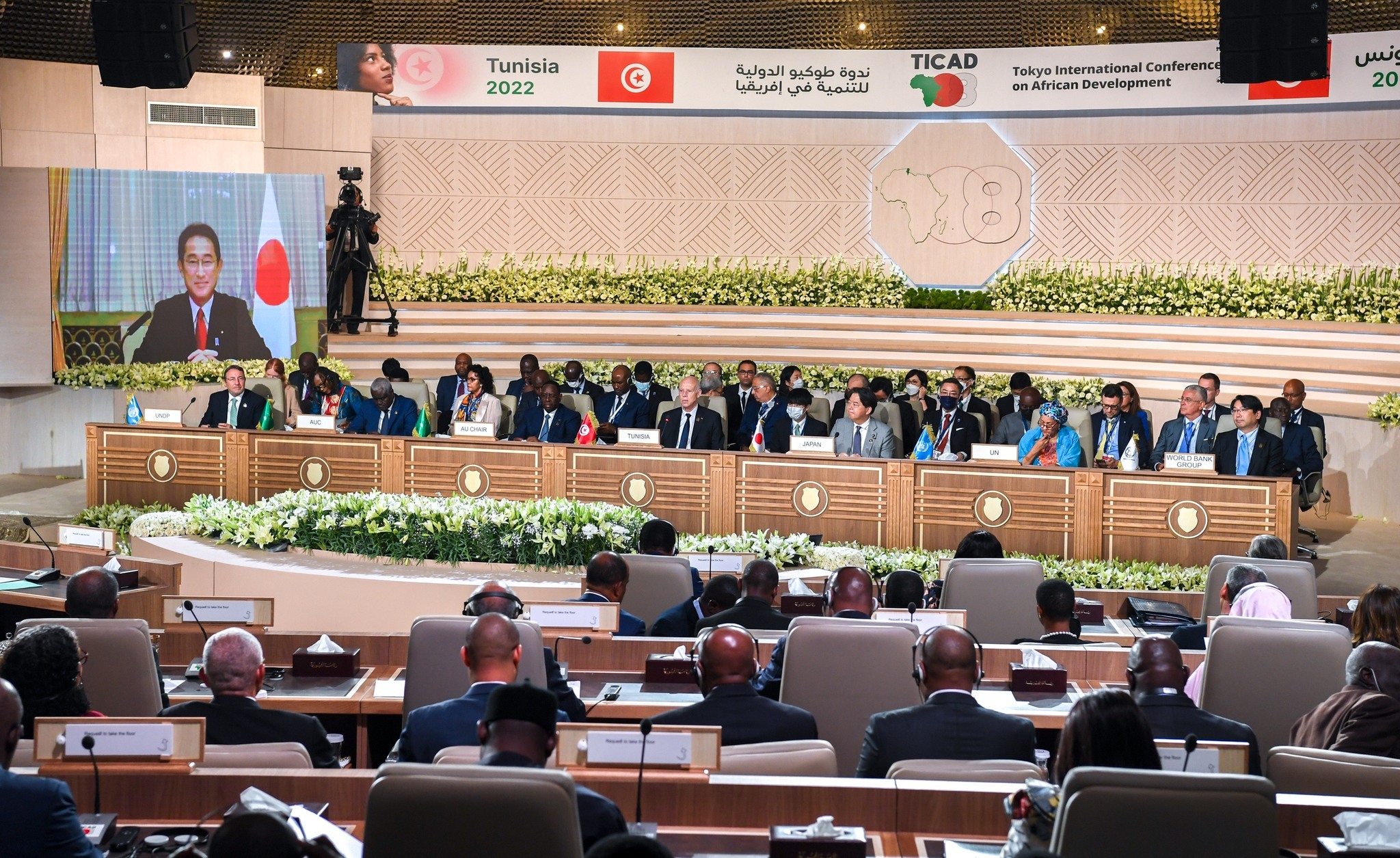Japan has pledged $30 billion in a bid to ramp up investments on the continent over the next three years. This was announced by Japanese Prime Minister, Fumio Kishida during the eighth Tokyo International Conference on African Development (TICAD8) in Tunisia.
“Japan will invest both public and private funds worth $30 billion over the next three years across the continent,” Kishida said.
Speaking virtually at the TICAD8 summit, Kishida said that Japan’s plan to strengthen economic ties with African countries comes amid “complex” geopolitical conditions that are causing significant disruptions and price shocks around the globe that are especially hard-felt in Africa.
Tokyo’s investment pledge comprises of up to “$1 billion in a new special quota to be established by Japan to promote debt consolidation reforms. Japan has also committed to finance up to $5 billion to support the African Development Bank’s operations across the continent, in order to improve the lives of African people” added Kishida
In the long run Japan is also set to allocate approximately $300 million of said funds to co-finance, with the African Development Bank on food production projects in a bid to increase food production in the continent.
The goal of this joint project is to help mitigate the negative impact of the global grain shortage that has been caused by the Ukraine conflict and the COVID-19 crisis, the Japanese official explained.
Kishida also added that Japan is pledging $100 million to the host of TICAD 8, Tunisia, to mitigate the economic fallout of the pandemic it is currently experiencing.
African Development Bank’s President Dr Akinwumi Adesina who was also present at the forum commended the Japanese government and private sector for their strong support to Africa’s development. He also urged Japanese businesses to invest more in Africa especially in the renewable energy.
TICAD8 also involved the signing ceremony for 91 memoranda of understanding that Japan’s government and businesses have agreed on with African corporations and governments. These trade pacts included projects across all five regions of Africa to develop human resource technical skills, water desalination, geothermal solutions and green hydrogen

